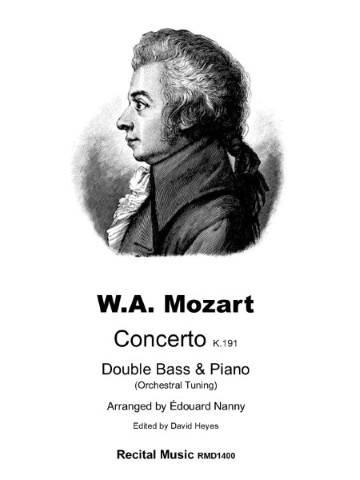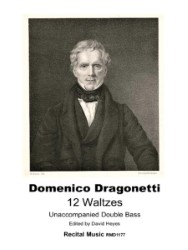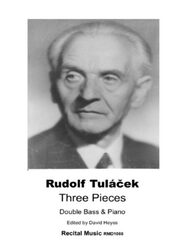Concerto K.191 arr. Double Bass and Piano
Orchestral Tuning

Composer: Mozart, Wolfgang Amadeus
Instrumentation: Double Bass and Piano
Arranger: Nanny, Edouard
Editor: Heyes, David
Publisher Recital Music
Mozart's Bassoon Concerto K.191 in B flat major was completed in Salzburg on 4 June 1774, when the composer was only 18 years old. He…
Page ? of ?
Digital Download – PDF
Shipping costs: No shipping
R.R.P £7.50
Our Price: £6.38




